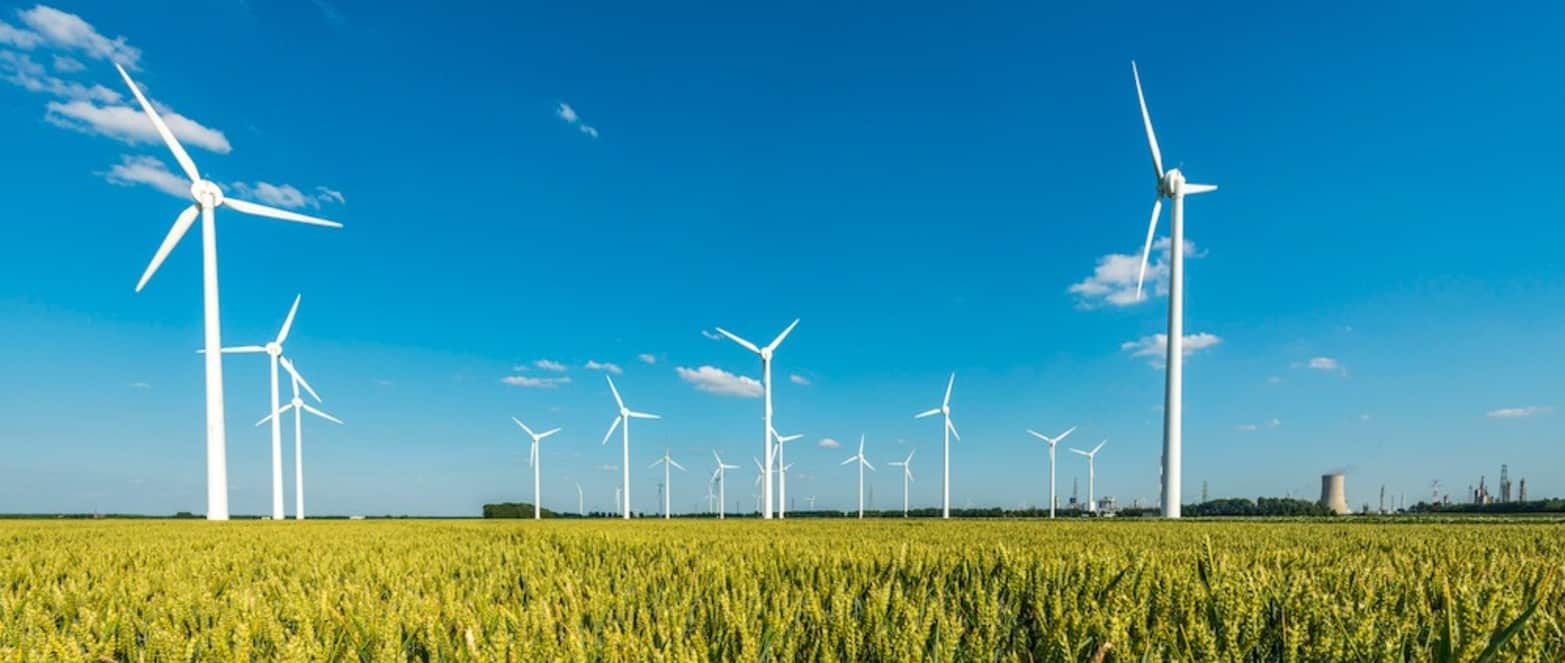What is AgTech?
AgTech is a fast-growing sector that focuses on providing innovative technological solutions to the challenges of agriculture. The basic goals are fourfold:
- Increase yields and the quality of crops
- Streamline farming processes for maximum efficiency
- Create sustainable agriculture within local ecosystems
- Allow adaptation to climate change, extreme weather, and flooding
Data-driven farming is assisting the farmer to shift toward a more decision-based agriculture. Smart sensors and autonomous machines operate at field level as farmers use interactive apps to manage their crops. AI can scan big data to provide precisely tailored solutions for individual microclimates and ecosystems. These can include advanced fertilizer management software, computerized irrigation water pH-controlled networks, tools to identify nutrient deficiencies, safe pesticide strategies, and other high-tech solutions to the ancient challenge of producing an abundance of crops.
The role of AgTech in helping to make food security initiatives successful
The United Nations predicts that the global population may reach 12 billion by the end of the century. Increasing population demands, climate change, and higher consumer expectations are forcing technological innovation in agriculture. Food security initiatives are at the top of the agenda of governments around the world, especially in developing countries.
The problem of food security is not a new one. Corn riots worried the Roman emperors and bad harvests contributed to the chaos that preceded the French Revolution. In 2021, fourteen different countries are believed to be at risk of famine. Even in prosperous societies, social stability is dependent on an uninterrupted supply of affordable food.
As the world population continues to increase, and arable land and water become more scarce, AgTech becomes a key player in helping to make food security initiatives successful.
Advantages of adopting technology in agriculture
There is nothing new about applying the latest technology to agriculture. Farmers and agronomists have been innovating for at least 10,000 years in response to climate change and population growth. The industrial revolution led to a simultaneous revolution in agriculture. Now the high-tech revolution is beginning to drive agricultural advances at a similar pace. There are direct advantages in adopting technology in agriculture, both on a strategic economic level and for individual farmers and smallholders.
Affordable agricultural technology can transform the lives of farmers. Subsistence farmers, working marginal land, can increase yields to the point where they can make a financial profit and invest in further growth. Even a few good seasons can materially improve the prospects of an impoverished community. When technology is used to make sustainability economically viable, erosion, soil exhaustion, and other damage to the environment is reduced. If destructive slash and burn farming and transhumance are reduced, greater social stability can ensue at a local level.
- AgTech is key to combating desertification and reclaiming exhausted land
- AgTech resources can be shared by marginal agricultural communities
- AgTech allows flexible implementation of national farming policies at a local level
Farmers, corporations, and people operating urban agricultural businesses can increase efficiency, reduce operating costs and increase both the size and quality of their yields. Fertilizer Management software, water, and soil pH optimization, and the ability to easily maintain artificial microclimates, allow for crop diversification. There is a potential to make farming less labor-intensive and move farms closer to the population centers that they feed, reducing food costs for consumers. Pressure on national infrastructures and associated environmental pollution can also be reduced.
Climate change, population growth, and rising standards of living are placing increasing strain on global water resources. AgTech reduces irrigation water waste and can encourage the planting of less thirsty crops. Fertilizer Management software and irrigation water pH control can make the widespread use of desalinated and recycled urban water more viable for effective irrigation. It is not just arid areas that will have to adapt to water shortages. Irrigation resources will begin to figure in long-term planning for many temperate areas.
Agriculture and food production are strategic industries. Any country that is dependent on food imports is inherently vulnerable. Post-Cold War globalization saw a massive boom in the food trade beyond staple commodities and niche luxuries. Consumers expect to see cheap food products from across the planet on their supermarket shelves. However, events like the global COVID-19 pandemic are encouraging some governments to reassess their dependence on food imports. There is growing interest in AgTech as a means to rapidly and sustainably expand domestic food production at short notice.
You may be interested in:
Top 10 Agriculture Trends to Watch in 2024
10 Best Practices to Reduce Carbon Footprint in Agriculture
Sustainability – Not Just Another Catchphrase!
ICL’s role as an AgTech leader
ICL sees AgTech not just as a range of technical solutions driven by data, but as an evolving philosophy. The goal is to use technology to make agriculture more sustainable as an integral part of the natural ecosystem. We also view farmers and smallholders as an integral part of the economic and social ecosystem. The technology is scalable and we go all the way down to the grassroots level with a commitment to improving food security.
ICL brings its proven agricultural industry know-how, advanced fertilizers, and the latest cutting-edge technology to provide farmers state-of-the-art AgTech solutions. ICL is pioneering the use of data as a tool for agricultural innovation. Our approach is twofold, firstly we connect farmers and agronomists to big data, secondly, we provide them a wide range of high-performance fertilizers and solutions to transform how they actually grow crops.
ICL’s apps and technical resources are all field-tested globally, and detailed user feedback is integrated into the design process. Each App is the product of deep practical experience, as well as specialist knowledge of users’ needs across the entire agricultural spectrum.
Agmatix, an AgTech startup founded by ICL, provides farmers and agronomists with revolutionary data-driven Ag solutions. Advanced AI technology accesses a mass of non-standardized data and extrapolates actionable data that allows users to achieve greater yields and improved crop health in a more sustainable way. Agmatix also connects agronomists from around the world and encourages direct collaboration and communication. Our Agmatix platforms enable agronomical research and collaboration.
Grower’s RALLY is transforming sales processes within the agricultural industry. The RALLY platform is an outstanding engagement tool that turns any mobile device into a portable Ag sales office. Sellers can present clients with precise data, custom reports, high-end crop plans, recommendations, and proposals via a single user-friendly app. The sales technology slashes the timescales that were previously required to share data, create customized crop and farm plans, and run scenarios. RALLY allows clearer, faster, and more accurate communication with clients and allows to better manage time, efforts, and resources.
The future of the human race – and the short-term stability of our societies – depend on food security. The future of farming should integrate remote and autonomous tools and systems. The technology is scalable and can be applied to massive agricultural estates that supply major food producers, as well as to small urban farms and private allotments. It is also especially valuable for niche agriculture like winemakers, mushroom growers, or any enterprise that requires precise climate control and nutrition.
AgTech is about creating a mindset that is receptive to innovation and opportunity in agriculture and reducing the gap between producers and consumers. It is also about making agriculture an accessible and viable option for a new generation of small farmers and entrepreneurs, including urban farmers and rooftop growers. AgTech has the potential to disrupt existing market norms and diversify the entire concept of farming. It can potentially guarantee food security and create a food revolution.







